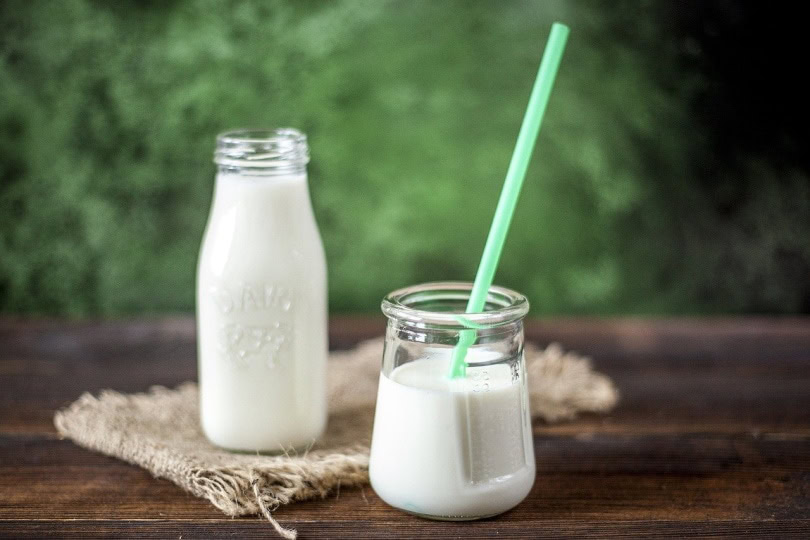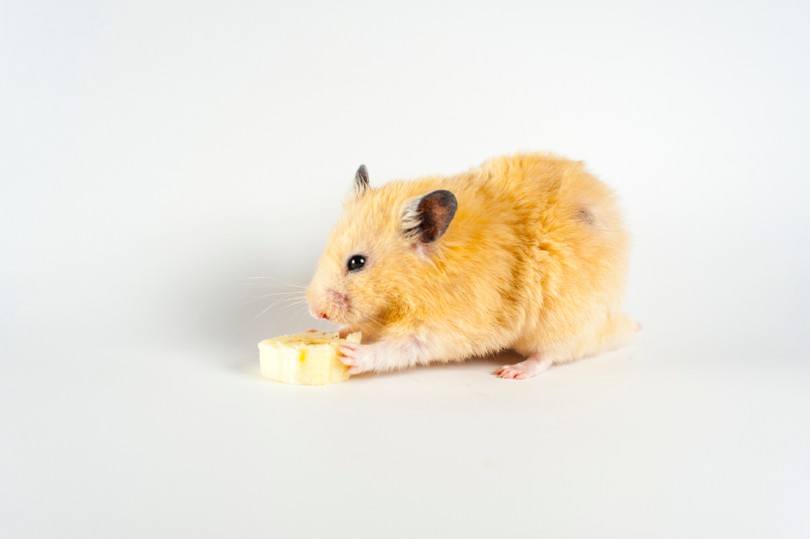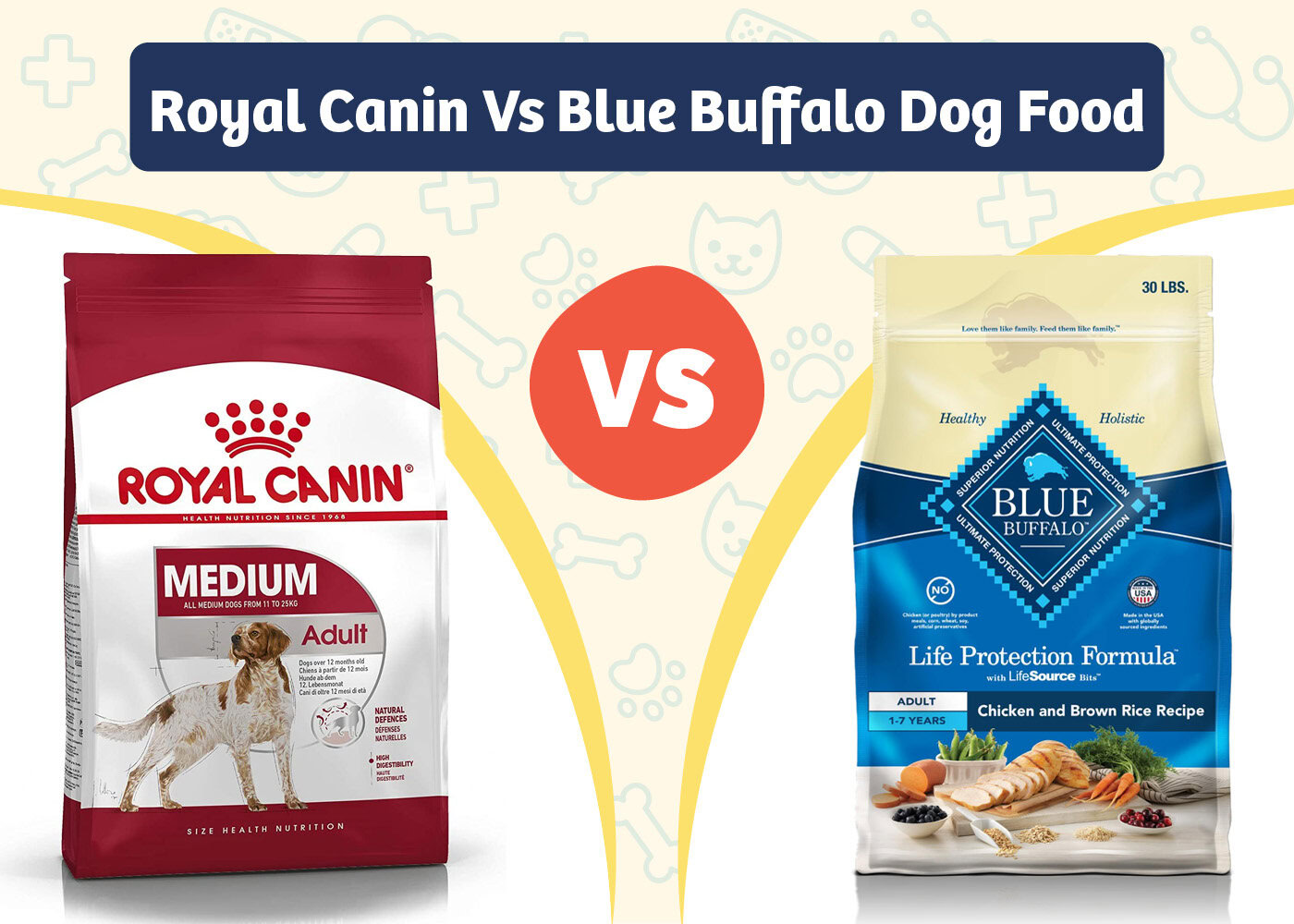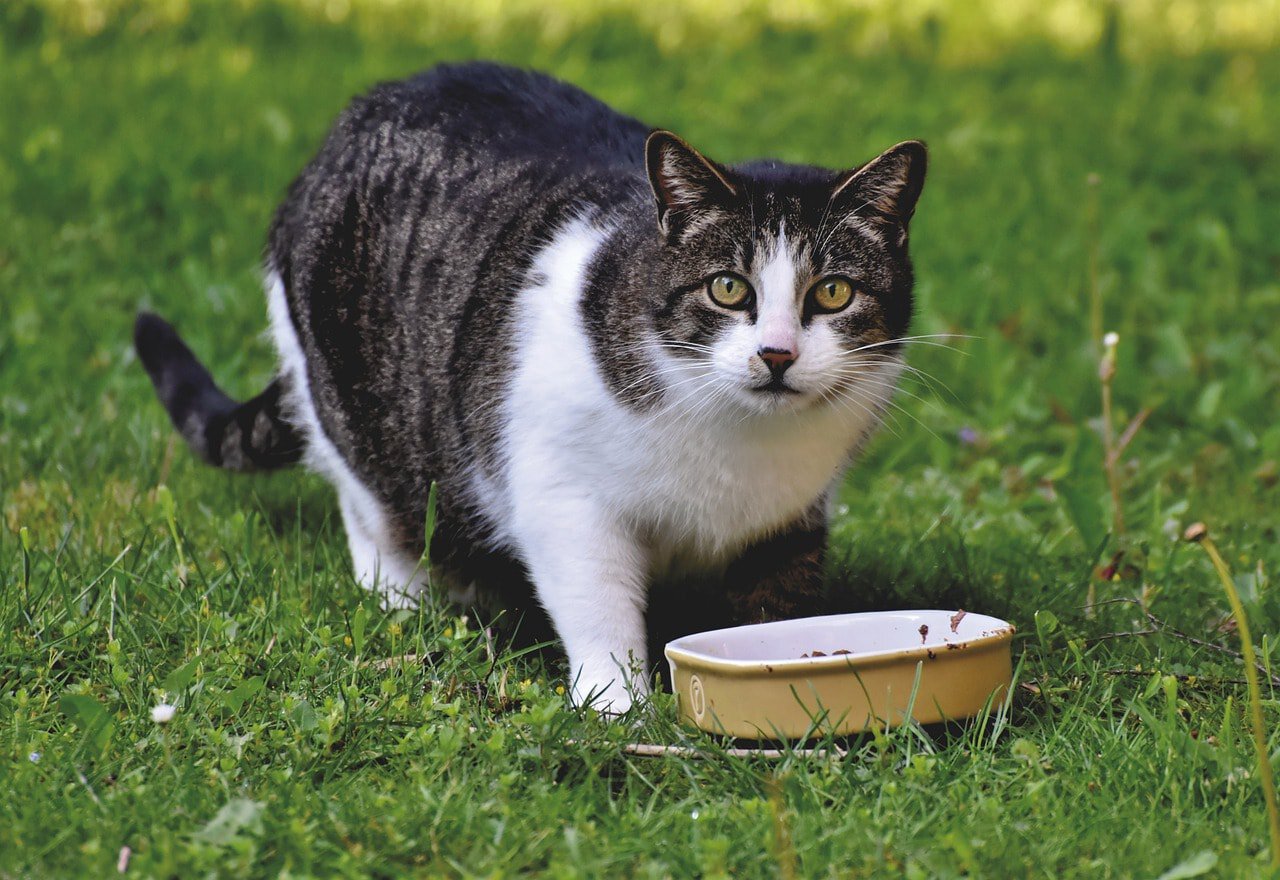VET APPROVED

The information is current and up-to-date in accordance with the latest veterinarian research.
Learn more »Click to Skip Ahead
Yogurt is considered a healthy snack for some humans. In fact, its capability to promote good gut health means that many of us are encouraged to eat more of this treat. It is often combined with fresh fruit, but may also incorporate chocolate flakes and other sweet additions, but it is still considered a healthier alternative to other sweet treats.
Yogurt is considered safe for hamsters, but you should only offer very small amounts of natural yogurt without fruit or other ingredients added to it. While the yogurt may not do your hammy any harm, the fruit and the added sugar could do him considerably more harm than good. You will also find that a lot of hamster treats are actually coated in yogurt, while some treats are made almost entirely of imitation of this ingredient.
As such, it is safe to give your little rodent friend a small amount of yogurt to see if it likes it, but there are some precautions you should take first.

Health Benefits of Yogurt
There are plenty of health benefits for humans to eat yogurt, but the primary one is that it helps to promote good gut health. Hamsters can benefit from probiotics, and yogurt firmly falls into this category. However, it is worth noting that you should limit the amount of yogurt you feed your hammy.
Other health benefits include:
- Protein, which is essential for the growth of muscle and for your hamster’s general health.
- Calcium serves to strengthen your hamster’s teeth, which is essential in this small breed of animal, and yogurt is a known source of the mineral. However, too much Calcium can disrupt mineral balance or cause urinary issues, especially in small or older hamsters.
- Vitamin B, also found in yogurt, supports your hamster’s energy metabolism and helps maintain healthy skin, fur, and neurological function.
That said, hamsters don’t require dairy to meet these nutritional needs. These nutrients are naturally present in many other more species-appropriate foods. Calcium is abundant in dark leafy greens, B vitamins are found in grains and seeds, and protein can be sourced from insects or boiled eggs.
Another potential benefit of yogurt is that, if your hamster enjoys eating it, you can use it as a treat to encourage bonding between the two of you. You should get your hamster out of the cage as often as possible to handle him and ensure that they are well-socialized.
Consider putting a blob of yogurt on your finger and feeding it to them this way. It will encourage them to approach and sit on your hand more easily.

How to Prepare Yogurt
Yogurt doesn’t need any special preparation to feed your hamster, but you should ensure that you choose the right kind of yogurt. Ensure it’s natural yogurt and that it does not contain additional ingredients.
It is commonplace for yogurts to include ingredients like fruit. Even if the fruit itself is considered safe for your hamster, the manufacturer may have included extra ingredients like artificial preservatives, sugar, or sweeteners, and these are not considered healthy for your little one.
Yogurts that contain chocolate, chocolate flakes, or other sweet ingredients should also be avoided.

How Much and How Often
Yogurt can cause bloating, does contain a moderate amount of sugar, and can be dangerous to your hamster if it has gone bad. Adult hamsters are lactose-sensitive, so too much yogurt is also likely to cause diarrhea. These potential problems mean that you should only feed a limited amount of yogurt to your hamster. Use the following as a guideline.
You can feed anywhere from a quarter of a teaspoon to a whole teaspoon every week, depending on the breed, size and appetite of your hamster, as well as whether you give it any other treats. The breed of hamster makes a difference, too.
- A Syrian hamster can be fed anywhere from half a teaspoon, if it has other treats, to a full teaspoon a week, if yogurt is the only treat.
- As the smallest of the hamster breeds, the Dwarf hamster should be given the smallest amount of this food. Give them a quarter of a teaspoon every other week, sometimes even less.
You will also find yogurt treats in a lot of pet shops. These should be sized perfectly for hamsters. While you should follow the guidelines on the packet, remember to take into account any other treats that you give.

Alternatives to Yogurt
As mentioned above, some hamster treats do contain yogurt (or yogurt-like ingredients) and these are generally more suitable for your pet. Although plenty of hamsters will likely jump at the chance to lap up some yogurt, they don’t need it, and there are plenty of other treats you can offer them instead.
Fruits like blueberries, strawberries, papaya, bananas, and apples can make delicious snacks for hamsters, but only in small quantities. Being high in sugar, fruit should make up less than 5% of your tiny pet’s diet, so it’s often a great idea to reserve them for hand-feeding, allowing you to strengthen the bond between you.
In general, you should consider that most adult hamsters are lactose-sensitive; dairy is considered safe in very small amounts. You must also always check to ensure it does not contain additional ingredients and preservatives. You should also determine the fat and sugar content before giving any dairy products to your hammy.
Frequently Asked Questions
Is Greek Yogurt Safe for Hamsters?
Greek yogurt in very small amounts considered safe, but it can be a source of very digestible protein, and it is also higher in good gut bacteria, so it can be considered even healthier for your hammy than standard yogurt.
You still need to control the quantity and ensure that it is pure yogurt and does not contain additional sweeteners or other additional ingredients.

Can Hamsters Have Milk?
No, hamsters and milk do not mix well. Most adult hamsters can’t digest the lactose in milk properly because they don’t have enough of the right enzyme. Regular cow’s milk can give them tummy troubles like diarrhea, which can be risky for little guys like them due to dehydration.
Can You Feed a Hamster Pancakes?
You really shouldn’t give pancakes to hamsters, even just a tiny bit. Sure, a plain pancake might not instantly hurt them, but they’re usually made with stuff like white flour, milk, and often sugar, butter, or salt. None of that is good or healthy for your little buddy.
Can Hamsters Eat Chocolate?
Chocolate is considered toxic to hamsters. Any chocolate is dangerous, but dark chocolate is especially toxic, especially to the sweet-toothed hamster, who will certainly not turn his nose up at this ingredient.

Can Hamsters Eat Bananas?
Bananas are safe and non-toxic for hamsters, and many enjoy their naturally sweet taste. However, they are also high in natural sugars and starch, which can contribute to weight gain and metabolic issues, particularly in smaller breeds like Dwarf hamsters, who are more prone to diabetes. Assuming your hamster is healthy you can feed no more than a quarter of a teaspoon of a fresh, ripe banana every week. Never offer them fried or dry and sweetened banana chips.

Final Thoughts
Hamsters can enjoy a wide variety of meals and foods, as well as additional treats and other items. Plain yogurt in very tiny amounts offered as an occasional treat is generally safe and offers some nutritional benefits and healthy probiotics to your hamster. You will need to ensure that you only feed plain yogurt and that it does not have unhealthy, additional ingredients or additives.
Featured Image Credit: samuelzarsky19, Pixabay










